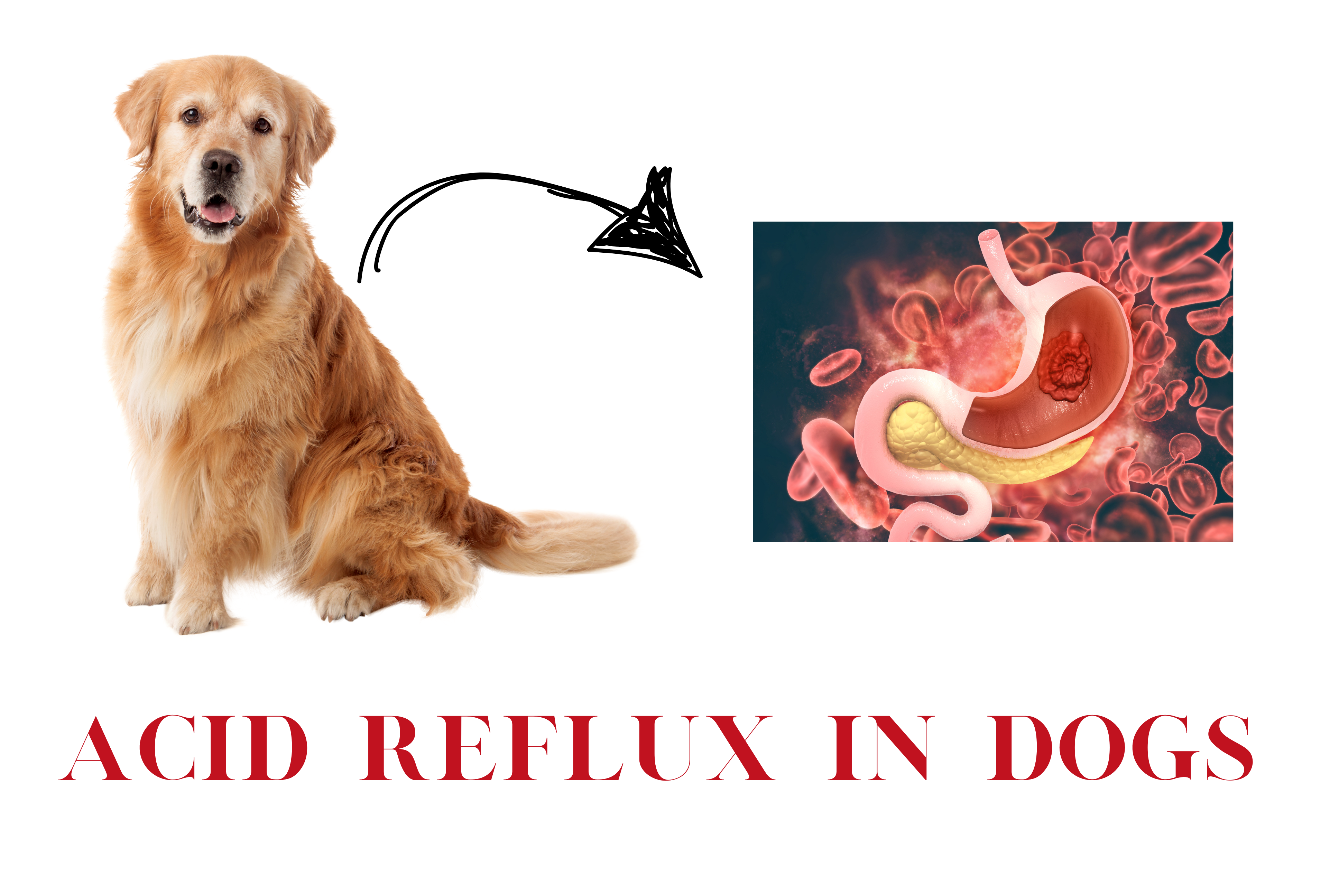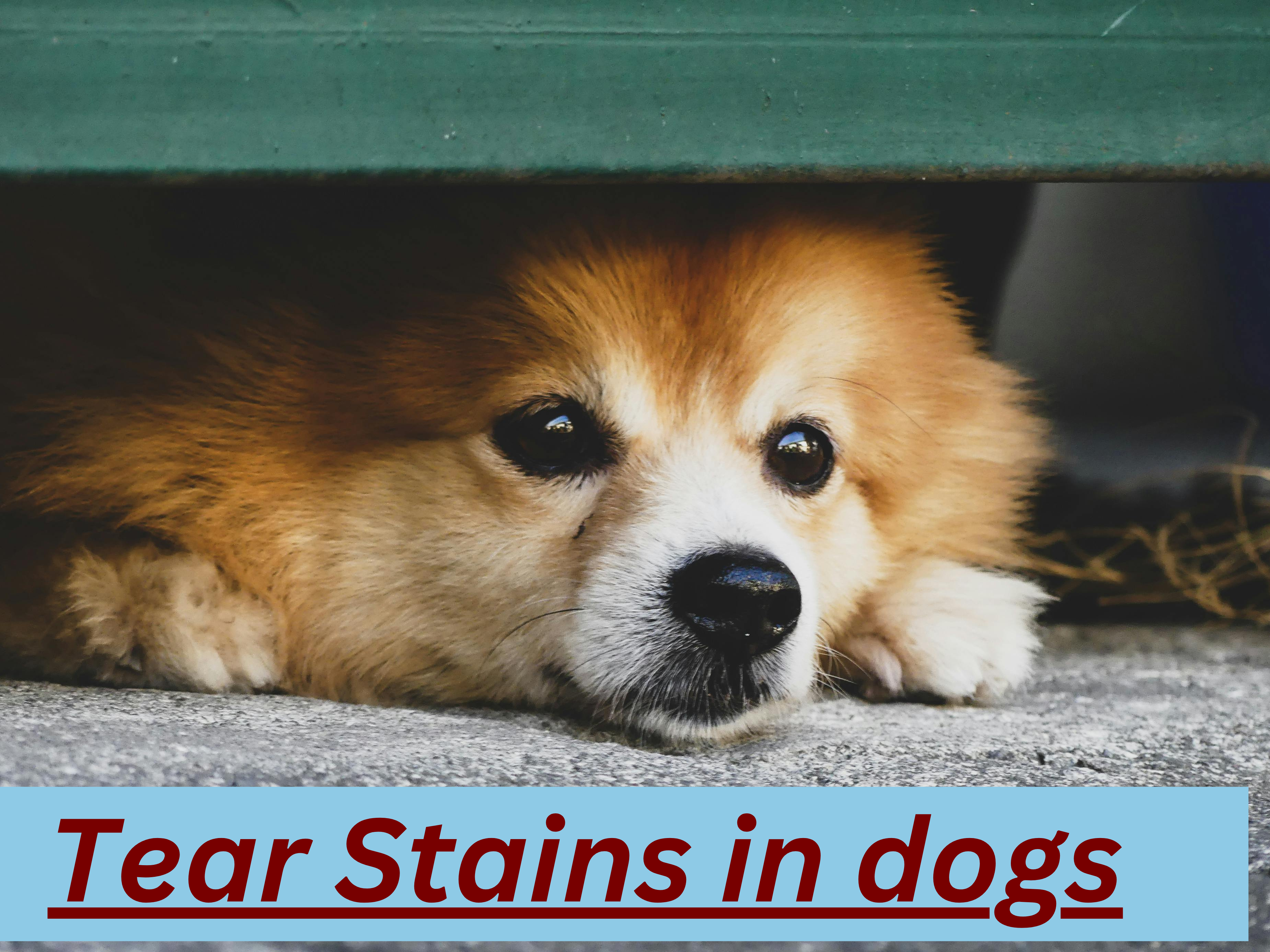Acid Reflux in Dogs: What is It?
Gastroesophageal reflux disease (GERD) in dogs occurs when stomach or intestinal fluids flow backward into the esophagus. This can happen due to the relaxation of the lower esophageal sphincter, especially during anesthesia or for unknown reasons. Acid reflux is common in dogs and can affect any breed, although younger dogs and brachycephalic breeds are more susceptible.
Symptoms of Acid Reflux
The condition can cause varying degrees of esophagitis, from mild inflammation to severe ulceration.

Symptoms in dogs include:
- Regurgitation of food
- Signs of pain (whining or pacing)
- Reduced appetite
- Lip-licking
- Coughing
- Changes in bark sound
- Weight loss
Causes of Acid Reflux
GERD in dogs can be triggered by anesthesia, improper fasting before procedures, or head-down positioning during surgery. Congenital hiatal hernias and chronic vomiting also increase the risk. Young dogs are particularly vulnerable as their gastroesophageal sphincters are still developing.
Diagnosis of Acid Reflux
Vets often use endoscopy, which involves a small camera to examine the esophagus and gastrointestinal tract, to diagnose acid reflux. This method helps identify esophagitis and differentiate it from other causes such as ingestion of caustic substances, foreign bodies, tumors, hernias, or megaesophagus.
Treatment for Acid Reflux
Treatment is typically managed at home with dietary adjustments and medications. A low-fat, prescription diet given in small, frequent meals can reduce symptoms. Medications may include gastrointestinal pro-kinetic agents to help move stomach contents and strengthen the sphincter, as well as drugs to reduce stomach acid and protect the esophagus.
Managing and Preventing Acid Reflux
Ongoing monitoring for GERD symptoms is crucial. A continued low-fat, low-protein diet helps prevent recurrences, and high-fat treats should be avoided. Some dogs may need long-term medication. For prevention, maintain a healthy, low-fat diet and adhere to any prescribed medications from your vet. Regular follow-up diagnostics may be necessary if initial treatments are ineffective.
References
McMahon, R. L., Ali, A., Chekan, E. G., Clary, E. M., Garcia-Oria, M. J., Fina, M. C., … & Eubanks, W. S. (2002). A canine model of gastroesophageal reflux disease (GERD). Surgical Endoscopy and Other Interventional Techniques, 16, 67-74.
Rodríguez-Alarcón, C. A., Beristain-Ruiz, D. M., Rivera-Barreno, R., Díaz, G., Usón-Casaús, J. M., García-Herrera, R., & Pérez-Merino, E. M. (2015). Gastroesophageal reflux in anesthetized dogs: a review. Revista Colombiana de Ciencias Pecuarias, 28(2), 144-155.




